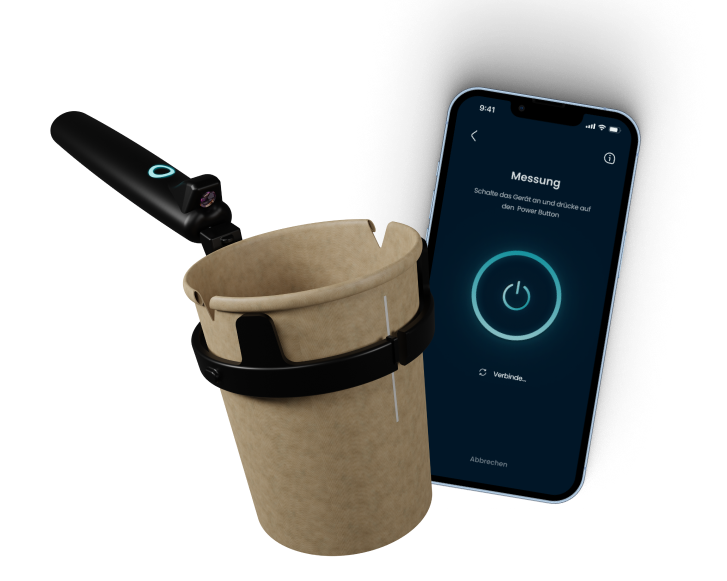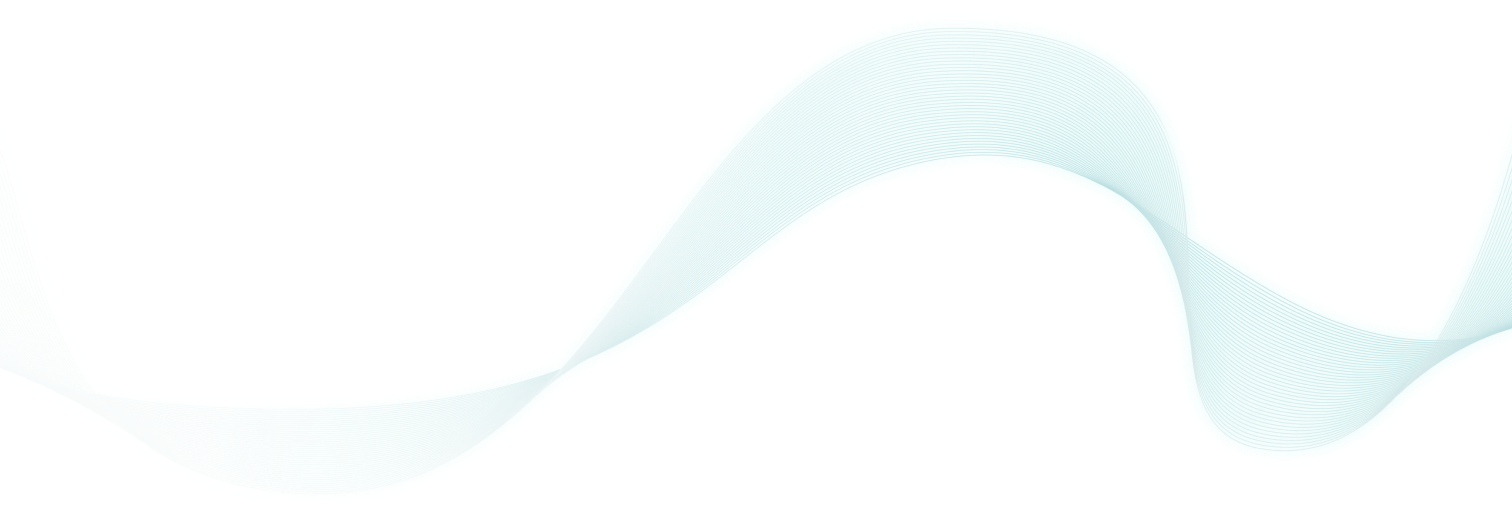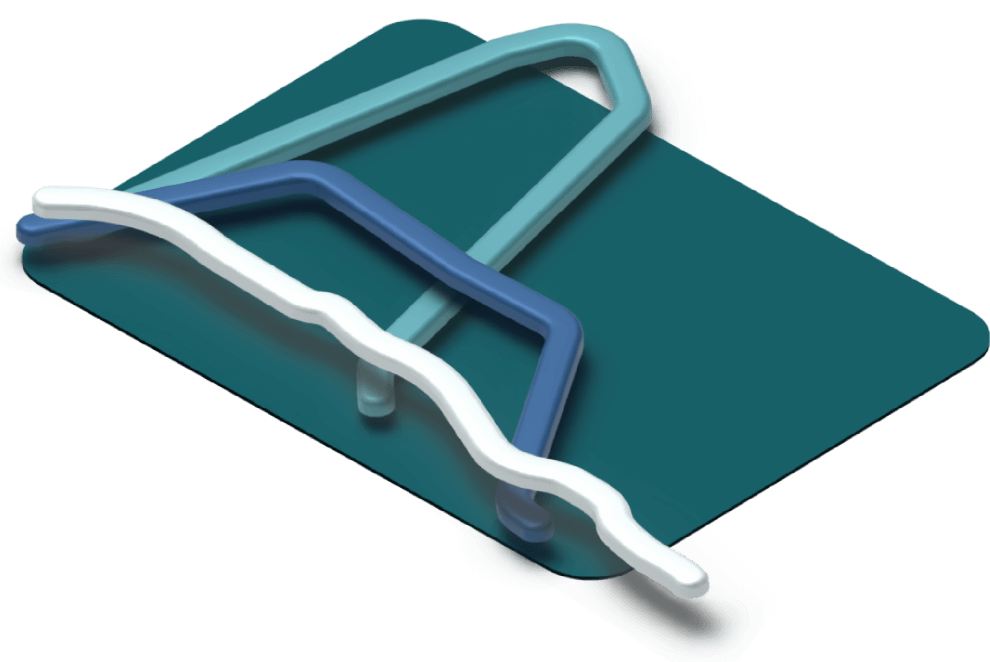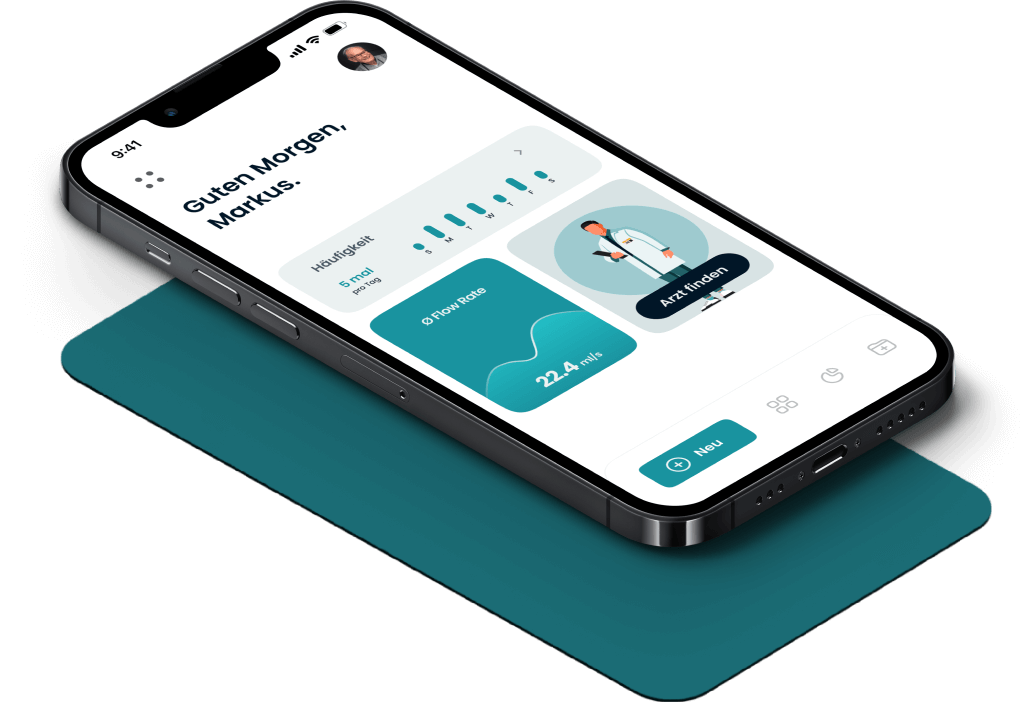Urological early detection without a doctor's visit
Early detection at home with urine analysis and interpretation via app. Counteract urological
diseases due to long-term measurement to maintain and increase your own quality of life.
diseases due to long-term measurement to maintain and increase your own quality of life.
Learn more
In cooperation with

Developed by urologists

This is Streamcheck
The Streamcheck medical device includes our patent-pending, easy-to-use measuring device. Valuable information is collected from the urine on the home-placed toilet - including the flow of urine as well as the volume and duration of emptying.
An integrated test strip also analyses biochemical data that provide information about ten biomarkers, for example the sugar and protein content of the urine, and thus indicate possible bladder or kidney diseases.


The collected data is finally evaluated and stored in the form of a trend analysis. This means that even minor changes in the urine can be noticed at an early stage.
In the case of abnormalities, concrete instructions for further action are communicated to the user. In addition, a report can be requested for the first time after the onboarding process. Afterwards it is possible to download the report every three
months for further medical use.
In the case of abnormalities, concrete instructions for further action are communicated to the user. In addition, a report can be requested for the first time after the onboarding process. Afterwards it is possible to download the report every three
months for further medical use.
Early diagnosis through urine trend analysis
Guideline-compliant early detection for urological diseases
Fact-based case history for doctors
Personal urine rate (PUR code) enables targeted treatment
Guideline-compliant urological early detection
Late-recognised widespread disease: 40% of all men over 50 have benign prostatic hyperplasia (BPH).
Due to stigma and lack of awareness, screening appointments are hardly attended.
Conventional methods only examine the urine values selectively and are not representative.
A large proportion of men over the age of 50 are affected by benign prostate enlargement. In the worst case, this can lead to irreparable damage to the health of the bladder and kidneys - although many of these limitations could be avoided.
A detailed trend analysis of the urine by means of Streamcheck makes it possible to detect minimal deviations in the health values and thus the first signals of urological diseases at an early stage.
Urological prophylaxis can therefore be carried out effectively and in accordance with guidelines. The risk of serious surgical interventions as well as irreparable long-term consequences such as incontinence and loss of potency can be significantly reduced - and the user's quality of life can be maintained in the long term.
A detailed trend analysis of the urine by means of Streamcheck makes it possible to detect minimal deviations in the health values and thus the first signals of urological diseases at an early stage.
Urological prophylaxis can therefore be carried out effectively and in accordance with guidelines. The risk of serious surgical interventions as well as irreparable long-term consequences such as incontinence and loss of potency can be significantly reduced - and the user's quality of life can be maintained in the long term.
A weak, frequently interrupted urine stream and the feeling of not having emptied the bladder properly are signs of benign prostate enlargement.
In our CME specialist webinar with Prof. Siemer, you will receive comprehensive information on the treatment procedure of uroflowmetry to detect bladder emptying disorders at an early stage.
In our CME specialist webinar with Prof. Siemer, you will receive comprehensive information on the treatment procedure of uroflowmetry to detect bladder emptying disorders at an early stage.

The unique combination of regular urine flow measurement including biochemical data and the trend analysis.
Registration for the professional webinar with Prof. Siemer
Roadmap to Streamcheck Release
1
PHASE 1
Product development
Focus on product development and compilation of an expert group consisting of leading urologists in Germany.
2
PHASE 2
Prototype
Development of a working prototype measuring device and submission of the patent family.
3
PHASE 3
Certification
Approval of Streamcheck as a medical device and implementation of a market study with 100 test persons.
4
PHASE 4
Market launch
Planned market entry in the first quarter of 2025 to revolutionise urological screening and enable optimal treatment of urological diseases.
The minds behind Streamcheck

Sebastian Heidrich
As a passionate entrepreneur, Sebastian Heidrich has more than 25 years of experience in founding and building companies. With his sales and production expertise, he now wants to lead Streamcheck GmbH to success as Managing Director.

Prof. Dr. med. Stefan Siemer
Prof. Dr. Stefan Siemer is Deputy Director of the Clinic and Polyclinic for Urology and Paediatric Urology at Saarland University. As a member of various professional societies, he has published numerous book contributions, scientific publications and lectures nationally and internationally.

Univ.-Prof. Dr. Jens-Uwe Stolzenburg
Prof. Dr. Jens-Uwe Stolzenburg is Director of the Clinic and Polyclinic for Urology at Leipzig University Hospital. He also works as a urologist in private practice. He is internationally known for laparoscopic and robot-assisted surgery and is invited to perform demonstration operations worldwide.

Dr. med. Frank Becker
Dr. Frank Becker has been a urologist in private practice since 2011 and is part owner of a large urological group practice in Neunkirchen/Saar; he holds the specialist title for urology as well as the additional titles of andrology, medical tumour therapy and palliative medicine.

Dr.med. Christian Wagner
Dr.med. Christian Wagner is the head physician of the Clinic for Urology, Urological Oncology and Robot-Assisted Surgery at the St. Antonius - Hospital Gronau, and is a renowned specialist for innovative medical procedures such as the so-called robot-assisted surgical technique. As a specialist in urology, the topic of men's health is also particularly close to his heart.

Dipl.-Ing. (FH) Falk Schoenfeld
As a trained toolmaker and mechanical engineer, Falk Schoenfeld has found his vocation. In addition to his passion for mechanical engineering & production technology, he is involved in product development in the areas of hardware, software & electronics.

Prof. Dr. Christian Gratzke
Univ.-Prof. Dr. Christian Gratzke is medical director of the Urological Clinic at the University Hospital of Freiburg. He is a member of the guidelines commission for “benign prostate enlargement” of the German Society for Urology and the European Urological Society, whose guidelines he was also responsible for publishing. In addition to benign prostate enlargement, his clinical and scientific focus is on the surgical and drug therapy of prostate cancer.

Ronny Uhlemann, M.A.
Extensive experience and multifaceted skills from over 15 years in the creative and agency industry: Ronny Uhlemann is the central interface for company structure, development, strategic thinking, accounting, marketing and communication. As Chief Operating Officer (COO), he brings processes, ideas and people together.
For users
For healthcare professionals
Do you have any questions about the use, functionality or relevance of Streamcheck? Please feel free to contact us using the following form:
Frequently asked questions
Conventional strip tests do not serve as a precautionary measure because they are only used when symptoms are already present. Test strips only provide information on whether biochemical values are elevated. A urine flow measurement, which provides further important information, is missing. Users must then carry out the assessment of the self-test themselves - without receiving a recommendation on what to do.
Uroflowmetry can technically only be carried out by a doctor. However, medical experts agree that the "one-time effect" is only of limited significance. By contrast, urine flow measurement during a natural urine flow (at home) records the data from various measurements: In this way, slow changes in urine flow become visible - the first signs of a bladder emptying disorder or weakening of the urinary stream do not go unnoticed.
After switching on the device with the button on the shaft, the ring lights up red twice. Now the device must be connected to the app and a urine strip inserted. When the ring changes colour from red to green, the connection is active and the device is ready for use.
Now you can urinate through the ring in your personal comfortable situation while sitting or standing and the data is automatically saved on the mobile phone. The device can be rinsed under running water, the test strip can be disposed of with the household waste and Streamcheck is ready for the next use.
Now you can urinate through the ring in your personal comfortable situation while sitting or standing and the data is automatically saved on the mobile phone. The device can be rinsed under running water, the test strip can be disposed of with the household waste and Streamcheck is ready for the next use.
Up to 6 users can be stored in the app. It can be adjusted to suit different users.
Health data belongs to the sensitive data with an increased need for protection. The protection of this data from access by third parties therefore has an enormously high priority at Streamcheck - only you have access to your personal data at any time. The anonymous evaluation of your health data is carried out by a doctor with a corresponding assessment of the results. Moreover, the anonymous evaluation of the data by a doctor only takes place if you actively agree to the data evaluation in the app.
Streamcheck does not replace the screening examination for prostate cancer. However, numerous diseases such as bladder emptying disorders, prostate enlargement with urine outflow obstruction, diseases of the kidney (protein in the urine, etc.) or diseases of the bladder up to bladder cancer (blood in the urine, etc.) could possibly be detected at an early stage.
Women in particular can take a test at an early stage in case of urination problems (pain, frequent urge to urinate, etc.). If there is an indication of an incipient urinary tract infection, countermeasures can be taken at an early stage through a targeted approach. Antibiotics (intolerance! resistance!) are often avoided. The response of the therapy is documented by self-monitoring.